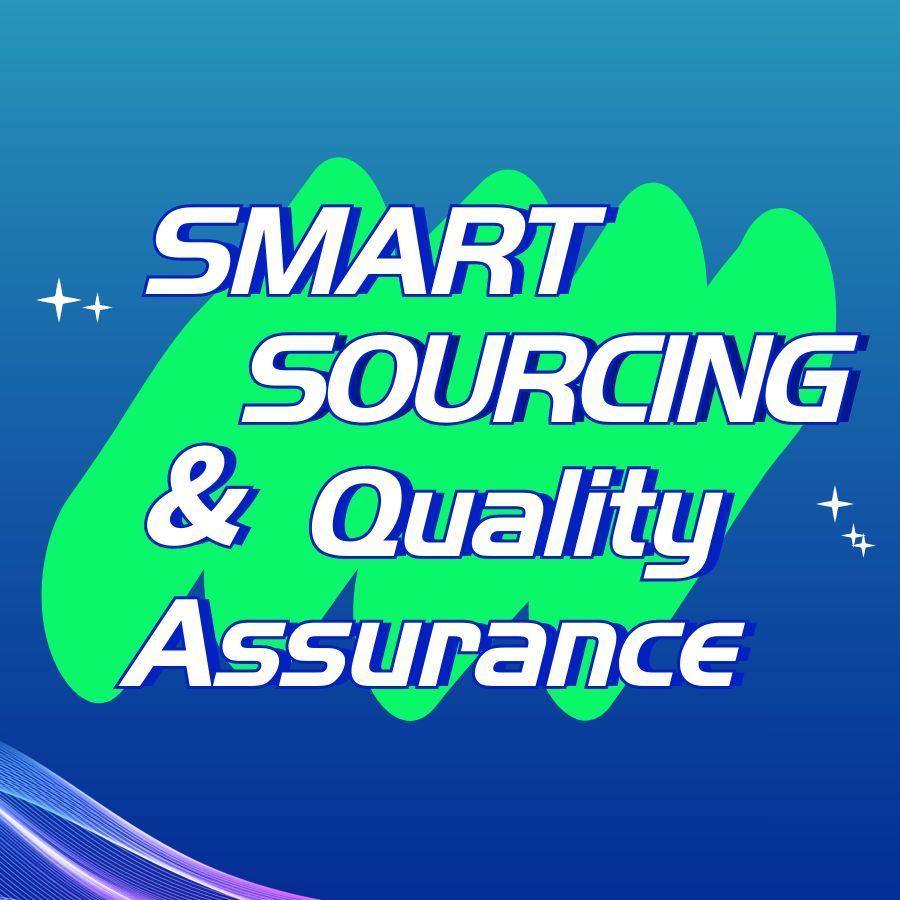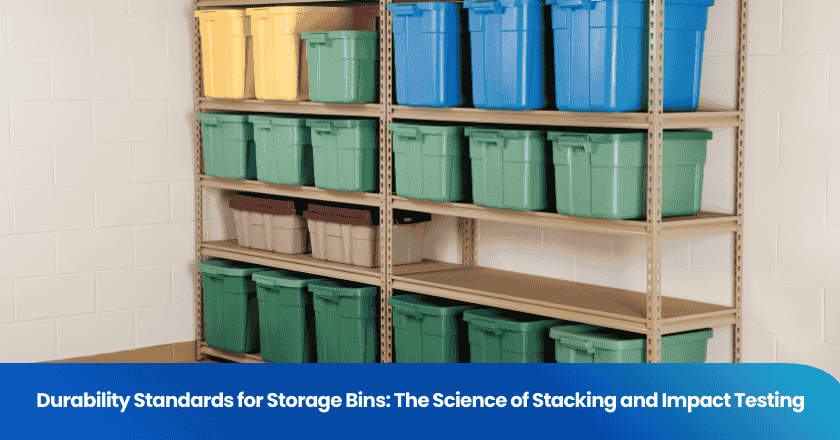
The concept of Sourcing platforms
Sourcing platforms are platforms that provide online procurement services for enterprises, integrating procurement, supplier management, order processing, payment settlement and other functions to provide enterprises with efficient and convenient procurement solutions.
Sourcing platforms are usually based on Internet plus technology, and through building supplier databases, publishing procurement needs, matching supply and demand, and transaction docking, they achieve efficient docking and transactions between enterprises and various suppliers in the supply chain.
Sourcing platforms are based on the traditional bidding procurement model, integrating advanced technologies such as e-commerce and big data, forming a more flexible and transparent procurement method.
Benefits of choosing Sourcing platforms
1. Improve sourcing efficiency
Sourcing platforms significantly improve procurement efficiency through automated and digital procurement processes.
Enterprises can quickly find suppliers, post sourcing needs, compare prices and quality information, and complete sourcing decisions.
The platform supports online ordering, payment, and order tracking functions, making the sourcing process more convenient and reducing the cumbersome manual search and comparison process.
2. Reduce sourcing costs
Sourcing platforms gather a large number of suppliers, introduce market competition mechanisms, and increase competition, thereby reducing procurement costs.
Companies can conduct real-time price comparisons with multiple suppliers on the Sourcing platforms and choose the supplier with the highest cost performance for cooperation.
In addition, some Sourcing platforms also support the electronic management of procurement contracts, reducing the costs of production, approval, and archiving of paper contracts.
3. Strengthen supplier management
Some Sourcing platforms provide supplier management functions, including supplier information entry, performance evaluation, and classification management.
Enterprises can conduct real-time monitoring and evaluation of suppliers through Sourcing platforms, ensuring that the quality, delivery time, and after-sales service of suppliers meet the requirements of the enterprise, reducing disruptions and risks in the supply chain.
At the same time, some Sourcing platforms also support the sharing and collaboration of supplier information, promoting close cooperation between enterprises and suppliers, and improving the coordination and optimization level of the supply chain.
4. Optimize inventory management
Sourcing platforms help enterprises optimize inventory management through real-time data analysis and forecasting functions.
Enterprises can formulate sourcing plans in advance based on historical procurement data and market demand forecasts to avoid inventory backlog and stock-outs.
5. Enhance data security and transaction security
Sourcing platforms provide a variety of payment methods and guarantee mechanisms to ensure the safety and reliability of transactions.
The platform cooperates with partner banks to support online payments, greatly improving the convenience of transactions.
At the same time, most platforms also have transaction dispute handling mechanisms to ensure that the rights and interests of both parties are protected.
6. Multi-dimensional search and data analysis
Sourcing platforms have a powerful search function, supporting multi-dimensional product searches, and filtering based on keywords, price, brand, and other conditions, helping companies quickly find products that meet their needs.
The platform utilizes big data technology to conduct comprehensive and in-depth analysis of suppliers and products, providing enterprises with data support and decision-making references.
7. Promote information sharing and transparency
Sourcing platforms make the information between suppliers and demanders more transparent. Real-time information and data analysis improve procurement transparency and enhance decision-making capabilities.
Different enterprises, including various suppliers, can share information, not only to understand the detailed information of the current procurement and bidding, but also to query the records of previous trading activities, helping buyers to fully understand the suppliers, and helping sellers to more clearly grasp the market demand and the success and failure of the enterprise itself in trading activities, reducing the risk of information asymmetry and black box operations.
The challenges that may be faced by using Sourcing platforms
1. Data security issues
Sourcing platforms involve a large amount of business secrets and sensitive data, such as supplier information, purchase prices, transaction records, etc., and it is necessary to ensure that the sensitive data on the platform is effectively protected.
If Sourcing platforms have security vulnerabilities or are hacked, it will lead to the leakage of a large amount of business secrets and sensitive data. How to ensure the data security of the platform is an important challenge faced by enterprises.
2. Supplier cooperation issues
Although Sourcing platforms provide convenient procurement solutions for enterprises, the cooperation of suppliers is also a key factor affecting the effectiveness of platform applications. The platform needs to integrate a variety of supplier resources to meet the diverse needs of enterprises. It is necessary to ensure the reliability, quality, and delivery capabilities of suppliers.
If suppliers are not active in using the Sourcing platforms or have resistance, it will affect the promotion and application effect of the platform, and it is necessary to strengthen communication and collaboration with suppliers.
3. Integration and compatibility
Sourcing platforms may need to integrate seamlessly with the company's existing ERP, CRM, and other business systems. This may involve technical challenges and additional costs.
4. Regulatory policy restrictions
Regulations and policies in different countries and regions have different restrictions and requirements for the application of Sourcing platforms, requiring companies to operate in compliance.
For example, some regions may require platforms to comply with specific data protection standards or to undergo specific certifications. These restrictions and requirements will increase the operational costs and complexity of the platforms.
5. Technical updates and maintenance issues
Sourcing platforms need to be continuously updated and maintained to adapt to new business needs and technological developments.
In the application process, it also faces the challenges of technology updates and maintenance. Enterprises need to invest sufficient human and material resources to ensure the stable operation and continuous optimization of the Sourcing platforms.
6. User training and follow-up support
Company employees may need training to become familiar with and use the new Sourcing platforms. Purchasing personnel also need time and training to adapt to new technologies. It is necessary to ensure that the platform provides sufficient user support and training resources.
Once a company starts relying on a Sourcing platforms, it may face the risk of decreased flexibility. It needs to consider whether the platform can meet the company's possible future changes and development needs.
Sourcing platforms provide many advantages for enterprises, and it is also necessary to pay attention to addressing the challenges that may be faced in the application process to ensure that the platform can fully exert its value and function.
Before making a choice, companies should also carefully weigh these benefits and challenges, and ensure that the selected Sourcing platforms can meet their long-term development needs.
Grow your business with TradeAider Service
Click the button below to directly enter the TradeAider Service System. The simple steps from booking and payment to receiving reports are easy to operate.




